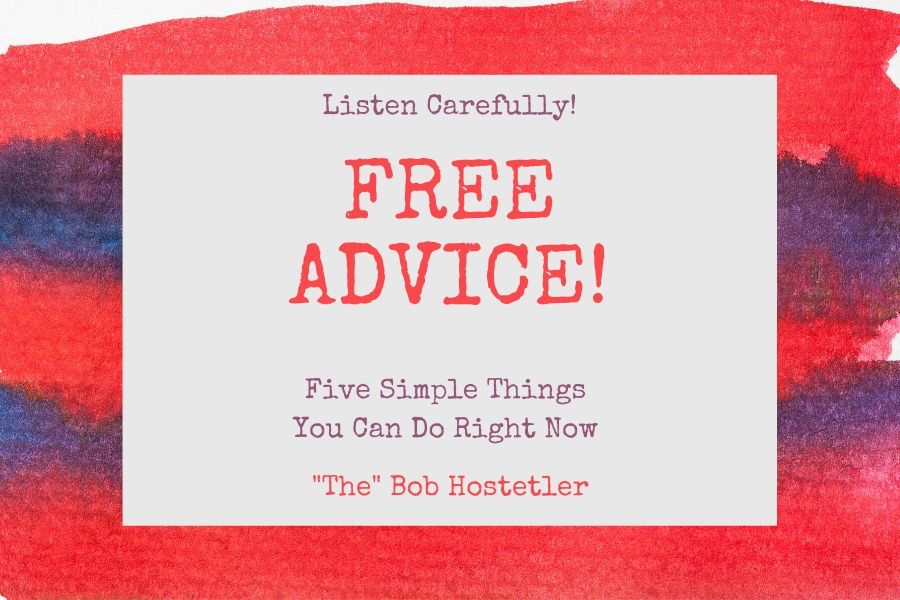By request, here are my ten commandments for working with your agent. Break them at your own peril. Thou shalt vent only to thine agent and never directly to thy publisher or editor.
- Thou shalt not get whipped into a frenzy by the industry rumor mill fomented by the Internet. Asketh thy agent if what you’ve heard is true.
- Thou shalt not covet thy neighbor’s success. Be content with thine own contract.
- If thou hast a dispute with thine agent, thou shalt talk to thy agent and seekest resolution. Jumping ship without reason is unprofessional … and agents talketh to each other.
- Thou shalt consider thy deadlines as sacrosanct. Thy hand signeth the contract, therefore thou art obligated. Thou shalt not expect thy agent to miraculously create extra time at the last minute.
- Respecteth the boundaries of the communication relationship with thy agent. Do not risketh being classified as a spammer or high maintenance by thy agent.
- Thou shalt be reasonable and balanced with regard to all social media. Remember, every word written on social media is a word not written on thy manuscript. At least don’t telleth the world that thou art eating ice cream to avoideth writing thy manuscript. Thy editor shall readeth your confession and weepeth.
- Keepeth it all in perspective. Selling only 8,000 books still meaneth 8,000 people have “bought a ticket” to read thy work. That crowd would filleth a megachurch auditorium.
- Remember thy calling to be a writer and keep it holy. You are in the business of changing the world word by word. Everything else is secondary.
- Thou shall rise and call thy agent blessed (and send chocolates at Christmas and cash on birthdays).
- If thou dost not have an agent, do not passeth “Go.” Instead, grabbeth one and bringeth said agent into thy camp ASAP. This industry is a labyrinth; and thou shalt someday discover thou needest one, and then it shall be too late. Real life examples available upon request.
__________
Permission is granted to use this in your own blog or website, as long as you include the following copyright notice:
© 2020 Steve Laube of The Steve Laube Agency (www.stevelaube.com)










